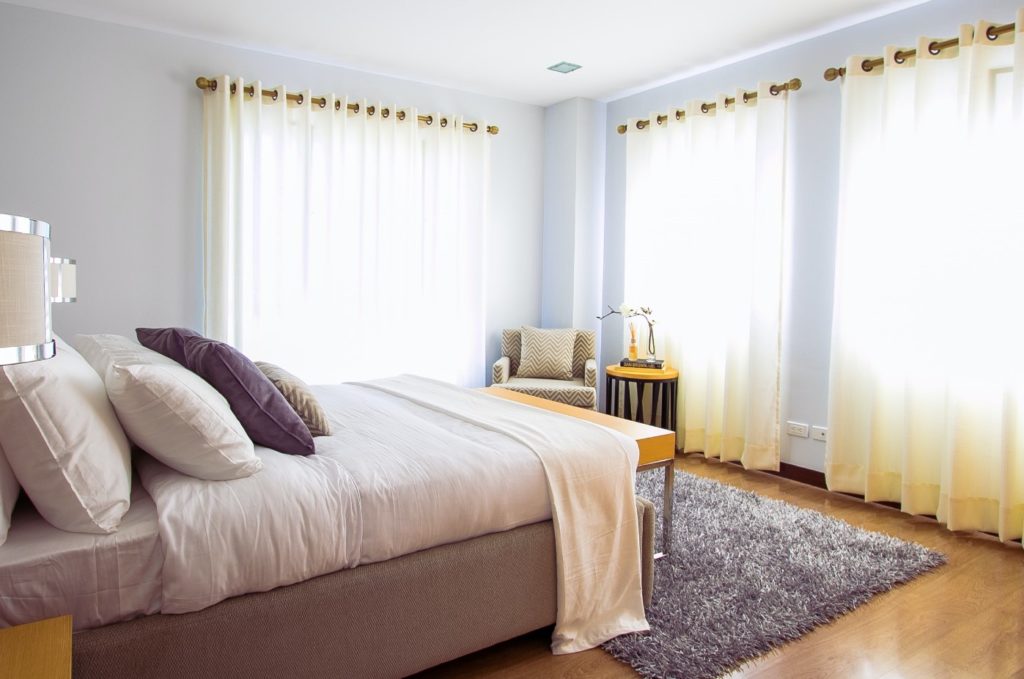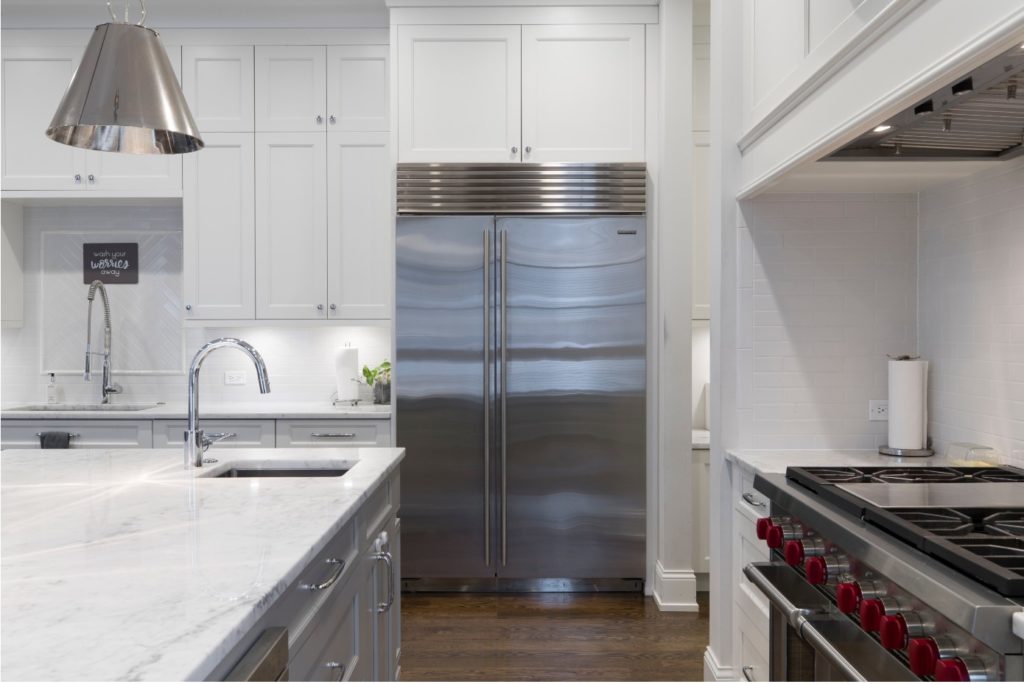Becoming a homeowner is an exciting moment in your life, but the process can seem a little overwhelming at times, especially if you’re a first-time homebuyer. Homes are a long-term investment, so you want to ensure everything you’re looking for is in the house you decide on.
Having a list of priorities of what you want in a new construction home is something you should always do whether you’re purchasing your first or your fifth home. It will help you determine what’s most important for you and your family, and it will help the realtor eliminate any homes that don’t include your must-haves.
Here are eight home things to keep in mind when searching for a new home.
1. Location of the Home
First thing’s first — what part of the Capital Region do you want to live in? Malta? Ballston Spa? South Colonie? Location is one of the most important aspects to consider when looking for a home, besides your budget, of course. Usually you will want to locate somewhere within an easy commute to work and school, and with amenities close by, such as grocery stores, restaurants, parks, and hospitals.
Additionally, you want to make sure you’re looking at the neighborhood or housing community in general. Do you want to be close to neighbors, or would you rather have a bit more privacy? Do you want shared community facilities, such as clubhouses, gyms and pools? Walking trails? Is there an Homeowner’s Association (HOA)? There are many other factors that involve your home’s location, so make sure you’re looking into homes in a place that is right for you.
2. Area of the Lot
If you want to have a big backyard where you can host the best backyard barbecues or even install a pool sometime in the future, you need to make sure the lot you purchase is big enough. Or, maybe you would rather have a smaller lot, so you don’t have to worry about keeping up with maintenance as much.
You should also consider the size of the lot if you have a pet. Large dogs need a space to run and play, so a big backyard might be something to add to your list of priorities. In neighborhoods, lot sizes are relatively similar between homes, so it’s easier to determine the size. Check the acreage of each home you’re considering so you can ensure it meets your needs.
3. Number of Bedrooms and Bedroom Layouts
The number of bedrooms or potential bedrooms is something nearly every homebuyer researches. Do you have children who need separate bedrooms, or are they young enough to still share a room? Is one of your parents going to have to live with you at some point?
Bedrooms can have other purposes as well. If the homes you are looking at do not include a separate study or home office, then you may need to utilize an extra bedroom for that feature. Additionally, you should look at where the bedrooms are within the home. If you have small children, you might want their bedrooms near yours. If you need a home office, you might want that extra room farther away from your living room and kitchen.
4. Number of Bathrooms
Like the number of bedrooms, the number of bathrooms, as well as their location, is also an essential factor. If you are purchasing a two-story home, do you need at least a half-bath downstairs? Is a separate master bathroom high on your wish list? A larger family may need a couple of bathrooms to make morning routines stress-free.
In addition to the number of bathrooms, if you are purchasing a pre-owned home, you should check that each bathroom works properly. You don’t want to move into a home with a leaky faucet or faulty plumbing. If there’s a house you’re almost set on purchasing, be sure when the home is inspected, that they check for water damage and mold as well. You don’t want to be surprised by bathroom issues a week after moving in.
5. Garage Features
Is a garage a necessary aspect of your home purchase? If so, then there are some garage features to examine. Multiple cars may require numerous garage stalls. Ensure the garage has enough space for all of your vehicles you want to protect from harsh weather conditions. Also, consider whether you would like an attached or detached garage. Are their automatic garage door openers? If not, are their wiring/outlets that would make installation easy?
Also keep in mind the size of the garage if you plan to store other items besides your vehicles or want space for a workbench. You should ask the seller or realtor if you can park your car in the stall to ensure there’s enough space.
6. HVAC System
Evaluating the condition of the heating, ventilation, and air conditioning (HVAC) system in homes you’re looking at buying is yet another home feature to check, especially if you are buying an older home. It would help to have someone with you when you tour the house who can provide you with information on the HVAC system.
An HVAC system is part of your daily life in your home, so you want to ensure it’s in working order. Find out what types of heating and cooling are in the house. If your previous home had central air and the home you’re looking to buy doesn’t, you’ll have to purchase window air conditioners for the hot summer months.
7. Exterior of the House
What does the exterior of the home look like? For some homebuyers, the exterior is high on their list of home features to check, as it should be. While curb appeal and aesthetics are important factors in some neighborhoods, that’s not the only thing you should be looking for in the house’s exterior.
While the home’s luxurious interior may get you excited, don’t let that get in the way of the exterior’s sturdiness. What does the roof look like? Are there any points of damage or sagging? What about the foundation? A cracked foundation won’t be able to hold up a house for an extended period. You should also check the siding for any signs of decay or damage.
8. Appliance Conditions
Finally, if the homes you’re contemplating come with appliances, you should check that they function before paying a down payment. The last thing you want to do is replace all of the appliances in your new home. It would add to the cost of the house and be more work for you in general.
As you tour a home, take an estimate of how old the appliances are and their condition. Check everything from the microwave to the washing machine. However, when you are looking at a home, don’t assume the home appliances come with the house. Always ask about which appliances are staying and which ones are going.
Finding the Perfect Home
As you search for your dream home, remember to keep these features in mind as you tour potential houses. Of course, it’s up to you to decide whether a home is worth investing in or not. But having some of these essential factors in check will help make the transition into your new home easier.


